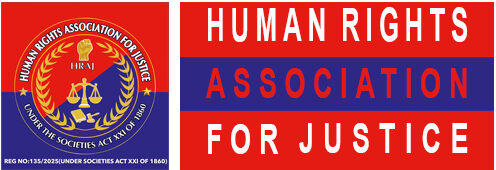Victim Support Services
Introduction
When human rights are violated, survivors often face trauma, displacement, and hardship. Victim support services aim to provide emotional, legal, medical, and financial assistance to help individuals heal and rebuild their lives with dignity.
🔹 Who Are the Victims?
Support services are intended for individuals affected by:
-
Torture, abuse, or assault
-
Trafficking or forced labor
-
Gender-based violence
-
Discrimination and hate crimes
-
Conflict, persecution, or displacement
-
Unlawful detention or police brutality
🔹Types of Support Provided
-
Psychosocial and Mental Health Support
-
Trauma counseling and therapy
-
Group support and survivor networks
-
Crisis intervention services
-
-
Medical Assistance
-
Emergency and ongoing healthcare
-
Sexual and reproductive health services
-
Rehabilitation for physical injuries
-
-
Legal Support
-
Guidance through the justice system
-
Legal aid to file complaints or seek reparations
-
Protection orders and immigration support
-
-
Shelter and Safety Services
-
Emergency housing for victims of abuse or trafficking
-
Relocation services and secure housing
-
Protective services for witnesses or whistleblowers
-
-
Financial and Livelihood Assistance
-
Emergency financial aid
-
Job training, education, and employment services
-
Reintegration and long-term recovery programs
-
🔹 Survivor-Centered Approach
All support services should be:
-
Confidential
-
Non-judgmental
-
Trauma-informed
-
Respectful of the victim’s agency and dignity
🔹 Key Organizations Providing Victim Support
-
UN Voluntary Fund for Victims of Torture
-
International Organization for Migration (IOM)
-
Doctors Without Borders (MSF)
-
Local shelters and women’s centers
-
National victim support hotlines and clinics
🔹 How to Access Services
-
Contact a local support center or hotline
-
Visit a nearby legal aid clinic or health facility
-
Reach out to NGOs through community leaders or online
-
Access services through embassies or consulates (in conflict/displacement cases)
🔹 Get Involved
-
Volunteer at shelters or crisis centers
-
Donate to victim recovery programs
-
Become a certified trauma counselor or legal aid volunteer
-
Advocate for survivor protections in law and policy
